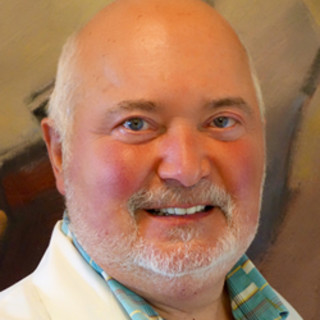
Healthcare providers have a tendency to be warm and compassionate and altruistic. Sometimes, the qualities that make our profession respected and loved can also make us unintentional targets of the plaintiff’s attorney, particularly when it comes to our ability to write prescriptions.
Prescribing for a friend:
Your best friend has been stricken with gout after a weekend with old military friends eating large amounts of steak and drinking too many mugs of beer. This is his first attack, and the pain has become unbearable. He calls his best friend, you the PA, and asks if there is anything he can prescribe to alleviate his condition. Being a loyal friend, you call in a prescription for allopurinol, which provides the relief your friend hoped for. On day three of the treatment, your friend develops a severe rash, takes Benadryl and some steroids that he had at home, and never contacts you, his PA friend. By the end of the week, this patient expires with Stevens-Johnson Syndrome secondary to your prescription. His wife has no recourse other than to bring suit against you for wrongful death. You have no patient chart or written information, you hadn’t warned his friend of potential side effects, and you are now culpable.
Prescribing for a family member:
Heather wrote a prescription for her cousin who had all the symptoms of a severe Strep throat. She had not examined or cultured him and was a GYN PA, not as familiar with general medical illnesses and with no chart. Her cousin, to whom she prescribed high dose Augmentin, developed severe angioedema, had an anaphylactic reaction and died. Heather’s cousin’s wife brought suit against Heather, who regretted ever answering the phone that morning.
Prescribing for fellow healthcare workers:
Fifteen years ago, a recovery room nurse requested that I write her a prescription for a nonscheduled medication. I took out my trusty pad to write the prescription when my chief of surgery said, “Bob, put your pad away — what you are doing is illegal. She has no chart, is not in your specialty and is not your patient. This would be one of the most stupid things you could do.”
He spoke with me in the locker room and said that the nurses used to ask him and his colleagues for a prescription and, while some gave in in the name of public relations, most refrain from the practice now. Nurses have perpetuated their requests by asking the PAs. He told me that I was a leader and that I should lead by example and tell my colleagues likewise.
So here I am, writing this little missive to proclaim a warning to my fellow PAs: don’t break the law, and don’t allow yourself to become vulnerable. Your future and your practice demand that you stay ever-vigilant and protect yourself from the mysterious problems that can enter into your professional practice. And I would add a word to the non-clinician with a friend in a medical specialty who may read this: please do not place your friend in a position where they either comply or where they need to refuse. Friendships and family are more important than prescriptions.
Robert Blumm, PA, is a surgical physician’s assistant in Amityville, New York.






